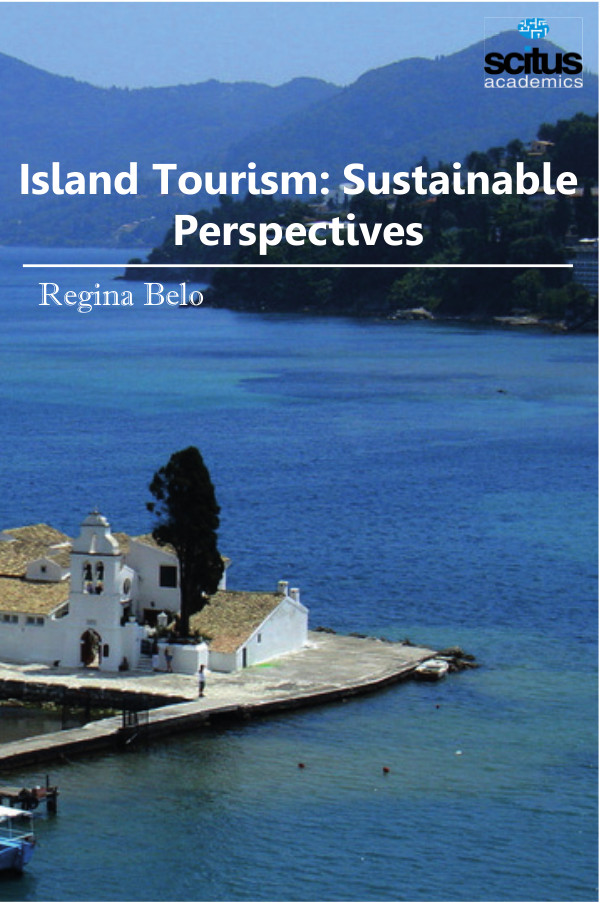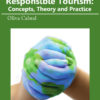The concept of island tourism has attracted tourism researchers for ages who tried to examine islands’ characteristics, focusing on development within an economic and social context, sustainability and effective management. Especially, in the last decades, with the developments in the infrastructure and the introduction of new air and sea connections, islands became easier accessible and more favorable by tourists. In fact, many of the world’s small islands depend on tourism. So the relationship of tourism and island development is very important. It can be examined through various perspectives that reflect the complexity of interaction. For small island economies such as Okinawa, Hawaii, Guam and Saipan, tourism has been the fastest growing and most important industry accounting for 20-70% of their external receipts. These island economies have comparative advantages in tourism because of their small market sizes, rich marine resources, tropical or sub-tropical climate, rich and unique cultural heritages, hospitality-oriented peoples, service-intensive nature of tourism. Island tourism, however, heavily depends on islands’ fragile and extremely limited natural as well as cultural resources. Islands’ over-expanded tourism industry has created various socio-economic-ecological issues such as cultural friction, water shortage, environmental degradation, food insecurity, imported inflation and family problem on the life of islanders. Island tourism is not a recent phenomenon; the Romans used the Isle of Capri as a holiday destination two thousand years ago.
In order to understand the process of island tourism development, response to change and challenges and their journey to sustainability, Island Tourism: Sustainable Perspectives provides insights and instruction on topics including social, cultural, environmental and sustainable tourism. The present book examines islands and island tourism in relation to their specific characteristics as well as the impacts that tourism development has on islands. In addition, the development of tourism has positive and negative economic, socio-cultural and environmental impacts, that in the case of islands become more significant, since tourism is often more important for small islands than for mainland destinations.













